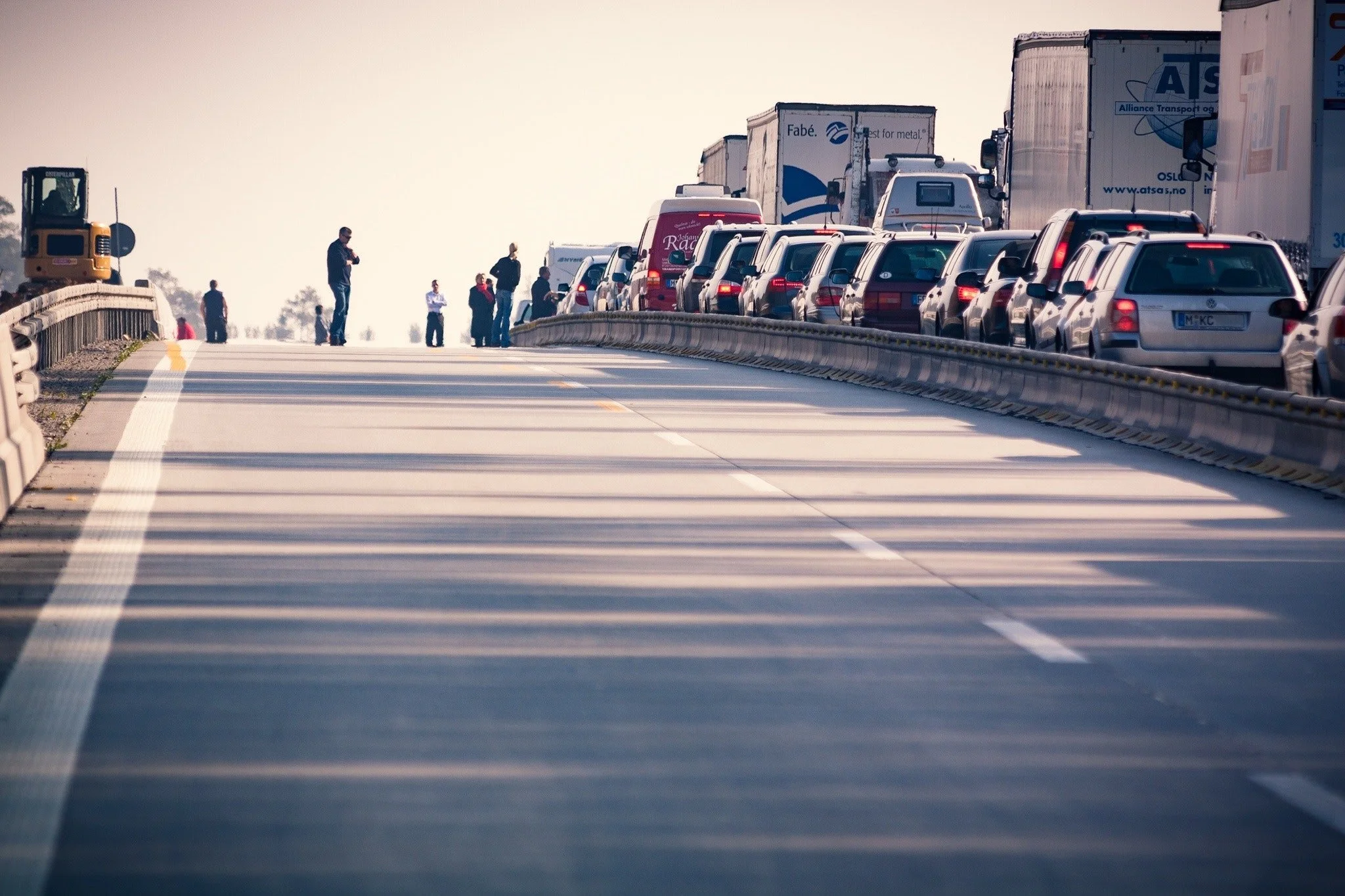What To Do When An Uninsured Driver Hits You
A recent poll revealed that 1 out of every 8 drivers in the United States is uninsured. This concerning statistic makes it essential to know what to do if you’re ever involved in a situation with an uninsured driver. It’s worth noting that even those with insurance may not have enough coverage for the damages and injuries they cause during an accident. This situation can be overwhelming, especially if you're the primary breadwinner for your family. What happens if you're involved in an accident with an uninsured or underinsured driver? Below are a few things you can do.
1. Call for emergency assistance
The first thing to do when an uninsured driver hits you is to call 911 if you can. Even though the other driver doesn't have insurance, they still have to give you their name and contact information. Once you've called 911, the police will arrive at the scene. They'll gather critical information like the license plate number, the make and model of the other driver's car, and their contact info. The police will also prepare a report documenting the accident, which can be a lifesaver when pursuing a compensation claim and determining who's at fault.
2. Get legal representation
Being concerned about your well-being is normal when you or a loved one is affected by an accident. However, you may have many questions concerning your legal right to seek justice. Perhaps you have a legal claim against the driver or are uncertain what to do after being hurt in the accident. In that case, you can consult a lawyer to answer these and other pressing questions. Fortunately, experts like pedestrian accident lawyer John Foy can advise you on what to do following an accident, depending on your location. They can also assist you in determining if you have a legal claim against the other party and possible compensation for your troubles.
3. Stay at the accident scene
Leaving the scene of an accident can have major legal ramifications and make it much more difficult to get compensation for any injuries or losses you may have sustained. Even if the driver attempts to persuade you differently, you must remain at the accident site. Remember to be calm and focused while gathering as much information as possible from the other motorist and the situation. You may protect yourself legally and enhance your chances of collecting fair compensation for any damages or injuries sustained by staying at the accident site and following the right procedures.
4. Find third-party witnesses
Official police paperwork is essential, but the officer was most likely not present during the crash. Finding a bystander or anybody else who observed the occurrence in real time may frequently be far more valuable, so keep this in mind. A third party can make or break your chances of receiving the necessary attention and compensation to allow you to return to your normal life, as they can help recount the events and prove that you are not at fault.


